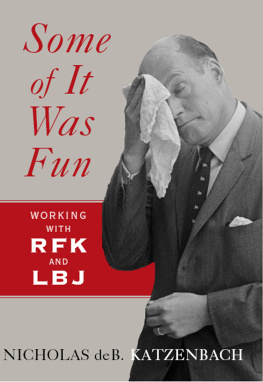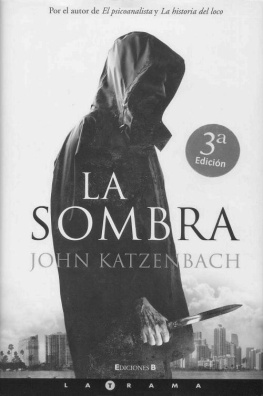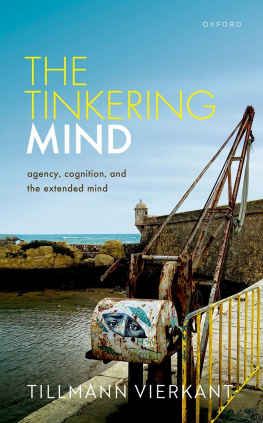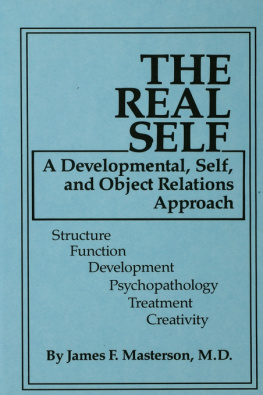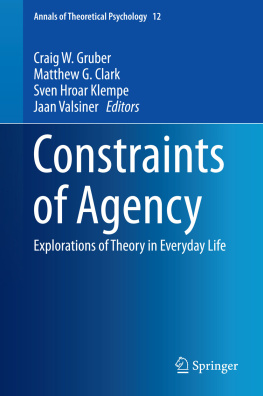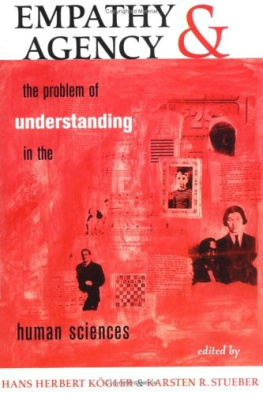Nicholas deB. Katzenbach
Some of It Was Fun
Working with RFK and LBJ

W. W. Norton & Company| New York | London
Copyright 2008 by Nicholas deB. Katzenbach
All rights reserved
For information about permission to reproduce selections from this book, write to Permissions, W. W. Norton & Company, Inc., 500 Fifth Avenue, New York, NY 10110
Production manager: Andrew Marasia
Library of Congress Cataloging-in-Publication Data
Katzenbach, Nicholas deB. (Nicholas deBelleville), 1922
Some Of It Was Fun: working with RFK and LBJ/Nicholas deB. Katzenbach.1st ed.
p. cm.
ISBN: 978-0-393-70689-5
1. Katzenbach, Nicholas deB. (Nicholas deBelleville), 19222. Kennedy, Robert F., 19251968Friends and associates. 3. Johnson, Lyndon B. (Lyndon Baines), 19081973Friends and associates. 4. United States. Dept. of JusticeOfficials and employeesBiography. 5. Attorneys generalUnited StatesBiography. 6. United States. Dept. of StateOfficials and employeesBiography. 7. United StatesPolitics and government19611963. 8. United StatesSocial conditions19601980. 9. Civil rights movementsUnited StatesHistory20th century. 10. Vietnam War, 19611975United States. I. Title.
E840.8.K285A3 2008 973.922dc22
2008017688
W. W. Norton & Company, Inc.
500 Fifth Avenue, New York, N.Y. 10110 www.wwnorton.com
W. W. Norton & Company Ltd.
Castle House, 75/76 Wells Street, London W1T 3QT
For Lydia, of course
Contents
Preface
I HAVE HAD GREAT LUCK IN MY LIFE: IN LOVE AND FAMILY AND FRIENDS and colleagues, in opportunities and responsibilities that have come my way. What follows are some random reflections on that good fortune.
This book contains recollections of eight years working for Bobby Kennedy in the Department of Justice and for President Lyndon Johnson as attorney general and undersecretary of state. It is not intended to be a historical work of scholarship, and it contains no significant new facts about the Kennedy and Johnson administrations. Nor is it by any means a complete account of what went on; it is simply what I remember and what, often arbitrarily, I have chosen to write about.
The book covers the period from 1961 to 1969a time of collective optimism, full of energy and determination on the part of many of us, mostly World War II veterans, who gathered in Washington in 1961. There were successes and there were failures, and one could learn from both.
The bulk of what I have written is from memory, occasionally refreshed by newspaper clippings, oral histories, or books describing these events. I often had to go to such sources for dates, since after all these years, events sometimes seem to merge or get out of sequence. The conversations I have quoted, including those involving Presidents Kennedy and Johnson, are as I remember themnot accurate transcriptions but rather condensations of what I believe was said. While I vouch for the substance with confidence, I cannot do the same for the precise words. Some of the conversations were transcribed, and in those cases scholars can check my representation that the condensations are substantively correct. I hope they are and I have tried hard to make them so, but I am aware that the mind is a very creative organ.
In my description of events I have tried to be factual and objective. But I know from experience that other actors would include different facts in their accounts. Where there are many participantsas in the legislative processno one (including the best historians) ever has the complete picture, and each participant has a slightly different view arising from a somewhat different perspective. In most such cases, no actor has a monopoly on truth.
I had not met any of the Kennedys or Lyndon Johnson before I entered the administration in 1961, and much of the book describes getting to know them as I worked with them and struggled to understand our government. I grew to admire both Bobby Kennedy and Lyndon Johnson, though they certainly did not like each other. Both men had great strengths and, like all humans, flaws as well. Johnsons were perhaps more obvious to the world, and I think today the fact that Bobby was seen then by many as ruthless tends to be forgotten. Bobby was sometimes immature (although he matured rapidly), brash, and blunt. But for the tragedy of Vietnam, Johnson might well have gone down in history as a great president.
I think there are lessons from this period that are applicable today, and I try to set out some of them for the reader to judge. We certainly have not learned the lessons of Vietnam, and I am not particularly optimistic that we ever will. It will be obvious to the reader that the political system was very different in the sixties than it is today and that I am not happy with the direction in which we have traveled. Our most important legislation then depended on bipartisan support, and of the hundreds of calls I made on members of both houses of Congress, I can recall very few that were not discussions centered on the merits of the legislation, whether it dealt with civil rights, immigration, prison reform, or federal criminal law. Money was less important, and so was a member of Congresss dependence on those who could contribute it. I do not mean they did not consider politics. They did, but it was largely localhow the people of their state or district felt, not fear of alienating a large national interest group or major donors.
The president today has far more power than did either President Kennedy or President Johnson. That too is largely a function of the presidents extraordinary fund-raising capabilities and the effects of mass communications. There is an obvious temptation to move further right or left because that is where the money is, even if the votes may still be closer to the center.
How much of the experience I had in the sixties is relevant today is obviously for the reader to decide. I think it is worth contemplating the many changes that have occurred and weighing which are of benefit to the people, which are not, and what can be done about the latter.
I hope young people will have the passion for government I had many years ago (and still have). It is, after all, their future that is at stake.
N ICHOLAS DE B. K ATZENBACH
Princeton, New Jersey
Some of It Was Fun
I
I FOLLOWED THE 1960 PRESIDENTIAL CAMPAIGN FROM G ENEVA, Switzerland, where I was on leave from the faculty of the University of Chicago Law School on a Ford Foundation fellowship. Earlier that year I had watched the Democratic convention on television before leaving for a tour of France and England with my two young sons. John F. Kennedy was an attractive candidate, with his youth, good looks, and a distinguished war record that particularly appealed to those of us who, like him, had been junior officers in World War II. President Eisenhower, despite his distinction and patented smile, was scarcely one of us. No general officer really was; they were too far removed from our experience.
We wanted to change the world and, in a sense, felt we had earned the right to try. Eight years of Ike had been mostly business as usualor so it seemed.
Kennedys choice of Senator Lyndon Johnson as his running mate was a little worrisome. Part of Kennedys appeal was that he did not look or act like a politician, and Johnsons reputation was in strong contrastthe consummate political leader of the Senate, the wheeler-dealer, the great compromiser. It was hard to know what, if anything, he stood for, despite rhetoric reminiscent of the New Deal. One could understand the politics underlying his selection, but his candidacy contributed nothing to the excitement that JFK would ignite. That Bobby Kennedy was said to have opposed his brothers choice for a vice president made Bobby all the more appealing to me.

